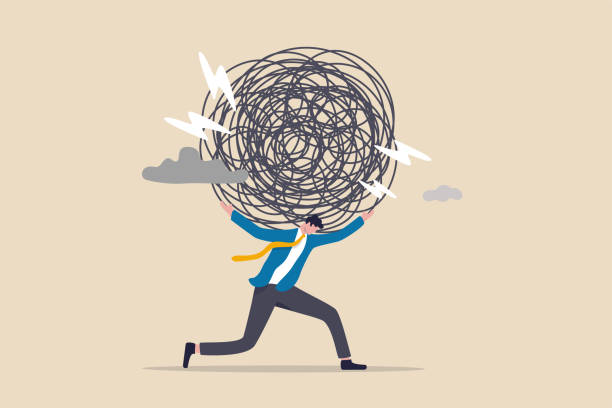The January sales or Amazon’s Prime Day deals? Maybe you prefer waiting for a good old-fashioned clearance sale. Chances are, you enjoy the idea of catching a great deal. The weeks leading up to Black Friday are a testament to this feverish hunt for deals. You can’t click anywhere online without being bombarded by ads and offers for supposedly special sales in the run-up to Christmas. Retailers aren’t far behind, turning holiday sales into a festive tradition. A hallmark of the season is bargain hunters, someone who looks for goods that value their money, queuing up outside stores. But the behavior of bargain hunters isn’t always as civilized.
Recently, French cookware brand Le Creuset held a flash sale in the English town of Andover. The police were called to manage the traffic chaos caused by shoppers lined up for miles, all waiting to grab discounted pots and pans. In past Black Friday events, bargain hunters have even fought physically to win popular items. Black Friday has become such a significant issue that, according to the Black Friday Death Count website, 17 deaths and 125 injuries were reported between 2008 and 2024 due to the chaos of the shopping frenzy.
Given the hostility and violence involved, why do people go to such lengths for a bargain? The answer lies partly in the human brain’s chemistry. When one spots a discount, it activates the nucleus accumbens—the brain’s pleasure center—triggering feelings of satisfaction, describes psychologist Sujan Patel. This response, driven by dopamine (the neurotransmitter linked to reward and pleasure), creates a euphoric effect. This occurs to the extent that simply seeing an item we desire can activate dopamine receptors, giving individuals a quick emotional boost. But dopamine’s downside is often forgotten: it makes people more impulsive. The craving for pleasure becomes so intense that individuals act impulsively, often igonoring teh consequences.Combined, these factors explain the excitement and impulsivity shoppers often feel when faced with a sale.
Retailers are more than willing to deliver the rewards and gratification shoppers crave. They rely on the shoppers’ desires by employing a variety of psychological strategies to ensure that consumers get their dopamine fix. One of the most effective tactics is creating a sense of urgency by offering deals for a limited time to heighten the adrenaline and excitement of consumers. This is why many sales are tied to specific days, weeks, or months. This urgent need to seize the retail opportunity helps consumers justify purchasing unnecessary or mor expensive products. Even online countdown timers and “limited stock” warnings create a sense of urgency, making consumers feel they might miss out unless they act immediately.
Social pressure contributes significantly to the shopping frenzy beyond the marketing factors employed by retailers. “Social media makes me feel like I always need to buy the latest trends or gadgets, even when I don’t really need them. The constant stream of ads and influencer recommendations creates this feeling of missing out if I don’t act fast,” expresses Emma Kim, a freshman. Social media, particularly through influences and promotional ads, amplifies FOMO (fear of missing out) by showcasing others’ shopping experiences and deals. This creates pressure for consumers to act quickly and grab similar bargains to avoid feeling left out. As a result, others are inspired to make the most of these deals to avoid feeling excluded. Additionally, the social component of waiting in line for discounts or taking part in online shopping events creates a feeling of community and excitement, elevating the experience beyond simply saving money to a social ritual that upholds consumer culture.
Nathan Morris, a sophomore, believes that since we can access so much information in today’s media, we don’t really have time to process it. “When a product appears, I just think of buying it.” This constant barrage of information, often delivered by social media, further pressures individuals to make quick purchasing decisions. With the overwhelming amount of media content available, it becomes difficult to pause and reflect on whether buying a product is truly necessary. Instead, the immediate thought is often simply to purchase, adding to the rush and impulse behind bargain hunting.
Sources:
https://mailshake.com/blog/psychology-of-sales/
https://blackfridaydeathcount.com/













